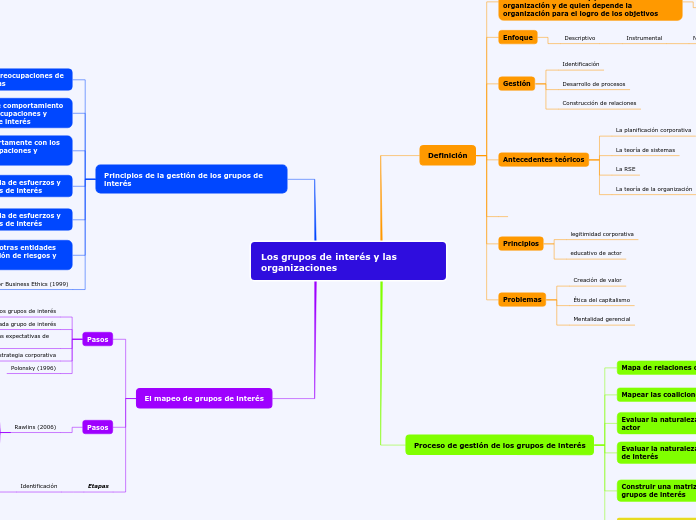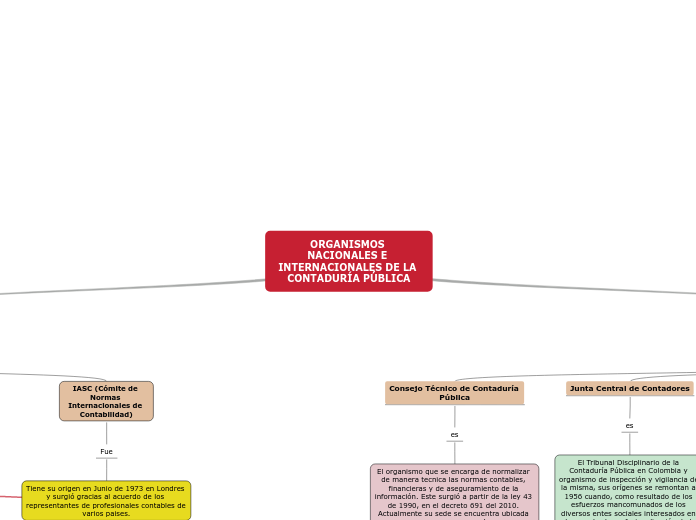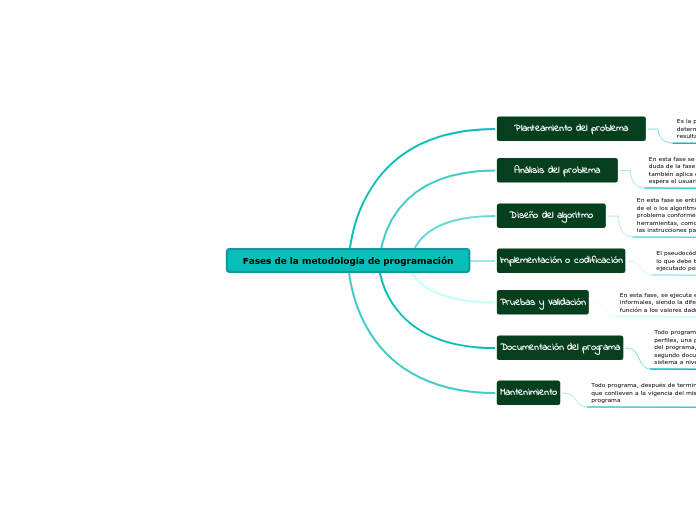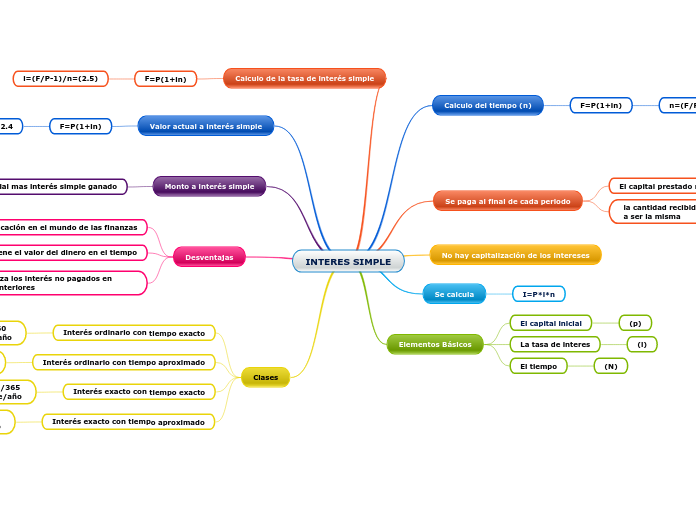Los grupos de interés y las organizaciones
In linguistics, syntax is the set of rules, principles, and processes that govern the structure of sentences in a given language, usually including word order.
El mapeo de grupos de interés
A compound sentence is a sentence that has at least two independent clauses joined by a comma, semicolon or conjunction. An independent clause is a clause that has a subject and verb and forms a complete thought.
Etapas
Análisis
Planificación
Participación
Create your own compound sentences, using the coordinators above.
Rawlins (2006)
Priorizar los públicos de acuerdo por estrategia de comunicación
Priorizar los grupos de interés según la relación con la situación
Priorizar los grupos de interés según atributos
Pasos
When independent clauses are joined with coordinators (also called coordinating conjunctions), commas and semicolons, they do more than just join the clauses. They add meaning and flow to your writing.
Polonsky (1996)
Ajustar la estrategia corporativa
Evaluar las medidas del cumplimiento de las expectativas de cada grupo de interés
Identificar los interéses de cada grupo de interés
Identificar los grupos de interés
Principios de la gestión de los grupos de interés
A complex sentence is a sentence that contains an independent clause and one or more dependent clauses.
An independent clause can stand alone as a sentence, but a dependent clause even though it has a subject and a verb cannot stand alone.
Clarkson Center for Business Ethics (1999)
Trabajar en cooperación con otras entidades para garantizan la minimización de riesgos y daños
Attributive clauses serve as an attribute to a noun (pronoun) in the main clause. This noun or pronoun is called the antecedent of the clause.
Evitar actividades que pongan en peligro los derechos básicos
An adverbial clause is a group of two or more words that function as an adverb in a sentence.
Busca promover la cooperación y acción organizacional conjunta
Reconocer la interdependencia de esfuerzos y recompensas entre los grupos de interés
An appositive clause follows another noun or noun phrase in apposition to it; that is, it provides information that further identifies or defines it.
Equilibrar riesgos y recompensas entre los diversos grupos de interés
Escuchar y comunicarse abiertamente con los grupos de interés sus preocupaciones y contribuciones
A predicative clause may be introduced by conjunctions - that, whether, whether... or, as, as if, as though, because, lest, the way - or connectives.
The latter may be conjunctive pronouns - who, whoever, what, whatever, which - or conjunctive adverbs - where, wherever, when, whenever, how, why.
Aumentar la conciencia de los directivos de los grupos de interés
Adoptar procesos y modos de comportamiento que sean sensibles a las preocupaciones y capacidades de cada grupo de interés
The subject clause is a dependent clause that acts as a subject.
Dialogo bidireccional
Reconocer y monitorear las preocupaciones de los grupos de interés legítimas
The object clause is a phrase on which a verb performs an action. It falls at the end of a sentence, and is governed by a verb or a preposition.
Múltiples y diversos intereses
Proceso de gestión de los grupos de interés
Monitorear las cambiantes coaliciones
Construir una matriz de prioridades de los grupos de interés
See the example below and try to create your own simple sentences.
Tim is driving the red car.
De acuerdo al interés y el poder
categorización de grupos de interés
Evaluar la naturaleza del poder de cada grupo de interés
See the example below and try to create your own simple sentences.
Tim is driving the car with his mother.
Evaluar la naturaleza de los intereses de cada actor
See the example below and try to create your own simple sentences.
Tim is the driver.
técnica de análisis
Mapear las coaliciones de grupos de interés
See the example below and try to create your own simple sentences.
Tim drives the car.
De acuerdo a etapas
Mapa de relaciones con los grupos de interés
See the example below and try to create your own simple sentences.
Tim drives.
identificación de grupos de interés
Definición
Problemas
An adverbial is an individual word (that is, an adverb), a phrase, or a clause that can modify a verb, an adjective, or a complete sentence.
Mentalidad gerencial
Ética del capitalismo
Creación de valor
Principios
The attribute is defined as a quality or characteristic of a person, place or thing.
educativo de actor
legitimidad corporativa
Antecedentes teóricos
The predicative is defined as an adjective or noun forming or contained in the predicate.
Its main trait is that it serves to express a property that is assigned to a 'subject'.
For e.g.: The dog is old.
La teoría de la organización
La RSE
La teoría de sistemas
La planificación corporativa
Gestión
Traditional grammar defines the object in a sentence as the entity that is acted upon by the subject.
Construcción de relaciones
Desarrollo de procesos
The indirect object identifies the person/thing for whom/which the action of the verb is performed.
The indirect object is usually a person or a thing.
Identificación
The direct object is the receiver of the action mentioned in the sentence.
Enfoque
The predicate of a sentence is the part that modifies the subject in some way. Because the subject is the person, place, or thing that a sentence is about, the predicate must contain a verb explaining what the subject does and can also include a modifier.
Descriptivo
Instrumental
Normativo
Gerencial G.
Individuos, grupo y organizaciones que tienen interés en el resultado y proceso de la organización y de quien depende la organización para el logro de los objetivos
The subject of a sentence is the person, place, thing, or idea that is doing or being something. You can find the subject of a sentence if you can find the verb.
Ask the question, 'Who or what 'verbs' or 'verbed'?' and the answer to that question is the subject.
(Frieeman, 1984)









